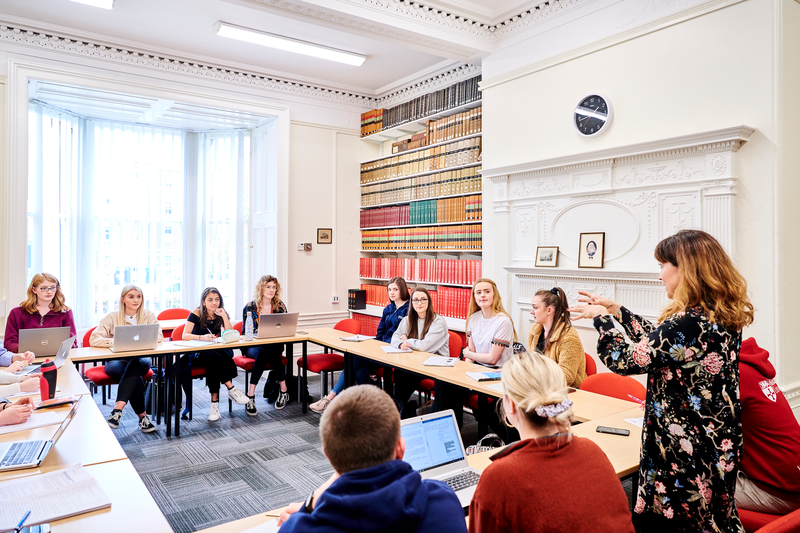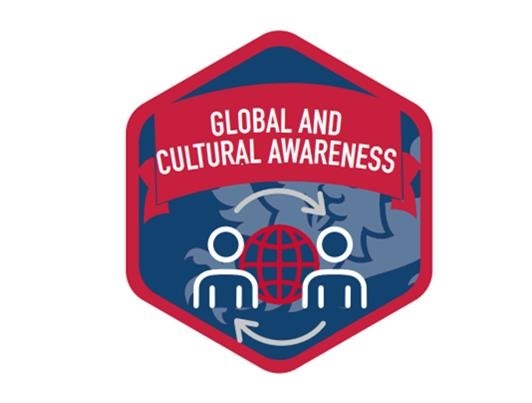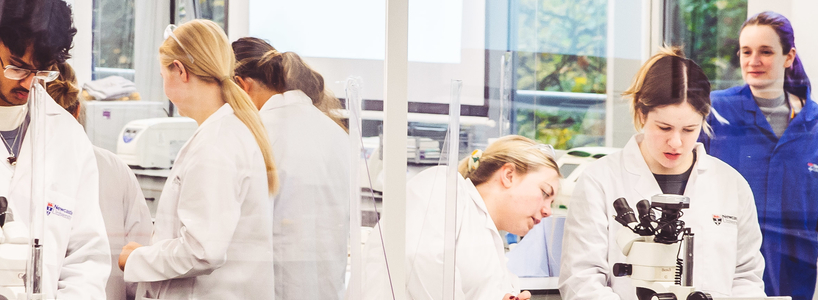What Can I Study?
What Can I Study?
Find out what you can study at Newcastle University.

Study Abroad students have the luxury of choosing from nearly a thousand different modules (classes) in subject areas such as International Business, Animal Science, Fine Art, Marine Technology, Music, Civil Engineering, Anthropology and Exercise Science.
Students are granted the freedom to customise their academic selection, allowing you to take required modules that fulfil home university requirements or simply to delve deeper into an area of interest such as Social Justice, Sustainability or British History.
Study Abroad students can:
- Choose to take modules from one subject area, for instance, Architecture
- Choose to take modules from a variety of very different subject areas, for instance, Geography, English and Chemistry
- Choose our specialist Pre-Med Program which involves some core subjects and some free choice
- Choose our speciality Pre-Health Program delivering a core placement module and flexibility for some free choice.
- Choose our specialist Global Studies Program offered through the School of Geography, Politics and Sociology
To make the module selection process easier, we’ve divided the modules up into different ‘pathways’ to help you find what you are looking for. Typically, a student will take between 3 to 5 modules in one semester and often, students will make selections from different ‘pathways’.

Alternatively, students are welcome to browse our full Module Catalogue to find classes that interest them.
Students will benefit from visiting the Module Guidance page before they start the selection process. This will ensure you choose modules of the right level and credit value.
Please contact us if you’d like advice or information on selecting modules. We understand it can be a complicated process and we are happy to help you with any questions. You may also want to consult with your advisors at your home university as well.
Read more about the Learning Experience at Newcastle.
Credit Transfer
Most home institutions award credit for the time spent studying at Newcastle.
Modules are the basic units that make up a degree programme at Newcastle. Each module is given a credit value. Study abroad students usually follow a programme based on 60 credits for a Semester, or 120 credits for a full academic year.
Credit equivalencies
60 credits at Newcastle are approximately equivalent to:
- Australia – 12 credits
- Brazil – 40 credits
- China - TBC
- EU - 30 credits
- Hong Kong - 15 credits (HKU 30 credits)
- India - TBC
- Japan - TBC
- Korea – 19-22 hak-jeom
- Norway – 30 ECTS
- USA – 15-18 credit hours
Transcript of Study
Study Abroad students at Newcastle complete the same assessments, assignments and examinations as full degree students. When you have completed your studies at Newcastle, your home university is sent a transcript stating:
- the modules you have studied
- the credit value of each module
- Newcastle grades you have been awarded for each module
Your home institution may have their own grading equivalencies scale - please ask your home institution about this.
Employability
At Newcastle, we want your Study Abroad experience to benefit you personally and professionally. This is why we offer students the opportunity to develop an array of employability skills and learn how to articulate these to future employers and recruiters.
Our new Open Badge in Global and Cultural Awareness encourages students to earn an award that reflects an ability to navigate challenges in an unfamiliar environment and to enhance global and cultural awareness. This credential can be displayed on students' email signatures and also on professional social media platforms such as LinkedIn and evidences the type of soft-skills that employers value. In addition, each semester we organise a customised workshop with our award-winning Careers Service that is designed to help students to effectively communicate their international experience on their resume and during job interviews.



-fotor-2024020913458.jpg)

